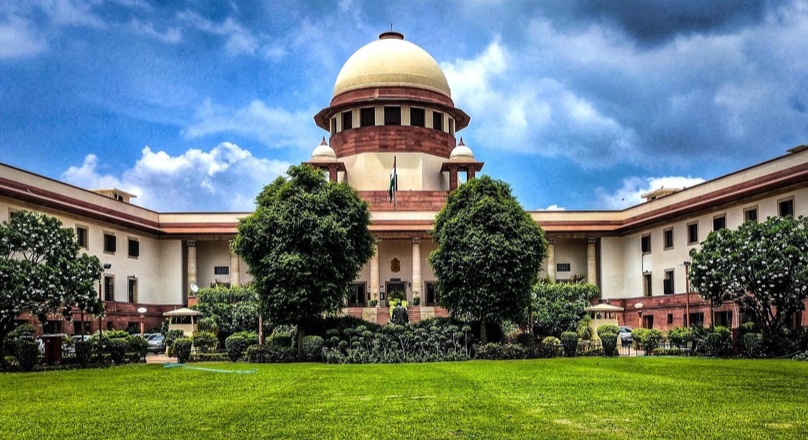The Supreme Court, in a case concerning compassionate appointments, reiterated that such appointments should be granted only in cases of extreme financial distress, provided all other eligibility criteria are met. The Court clarified that “hand-to-mouth” situations refer to families living below the poverty line and struggling to meet basic expenses such as food, rent, and utilities, due to the absence of any steady source of income. It distinguished this from cases where the family merely experiences a drop in their standard of living following the breadwinner’s death.
Background of the Case
The case pertained to a claim for compassionate appointment made over two decades ago. The respondent’s father, an employee of Canara Bank, passed away in 2001 before his retirement. Under the 1993 scheme, the respondent applied for a job on compassionate grounds. However, the bank’s Deputy General Manager rejected the application, citing two reasons: the respondent’s mother was already receiving a family pension, and the respondent had exceeded the age limit for the applied post.
The respondent then pursued legal remedies, leading to multiple rounds of litigation. A Single Judge of the High Court directed the bank to consider the respondent’s appointment and also awarded ₹5 lakh in compensation for the delay. On appeal, a Division Bench not only upheld the decision but also imposed an exemplary cost of ₹5 lakh on the bank, ordering the respondent’s appointment within a month. The bank challenged this before the Supreme Court.
Meanwhile, during the pendency of litigation, a new scheme (2005) was introduced, replacing the 1993 scheme and offering lump sum ex-gratia payments instead of employment. The bank had also issued a circular discontinuing compassionate appointments under the earlier scheme.
Supreme Court’s Observations and Decision
The Bench of Justices Dipankar Datta and Prashant Kumar Mishra examined the objectives behind compassionate appointments, emphasizing that such appointments are not a matter of right. The Court also cited multiple precedents, including General Manager (D and PB) v. Kunti Tiwary, affirming that financial indigence is a crucial criterion for granting such relief.
Addressing the specific facts of the case, the Court highlighted that over 20 years had passed since the employee’s demise. It noted that the purpose of compassionate appointments is to alleviate immediate financial hardship, and a significant delay in seeking such relief suggests that the family is not in urgent need of support. The Court stated:
“Lapse of time could, however, be a major factor for denying compassionate appointment where the claim is lodged belatedly. A presumption is legitimately drawn in such cases that the family is not in immediate financial distress.”
Assessing the financial situation, the Court found that the deceased employee’s wife and son were the only dependents. The family received a pension of ₹4,637.92, and terminal benefits of ₹3.09 lakh had already been paid. The Court held that these amounts were sufficient to support the family and did not indicate financial hardship requiring employment under the compassionate appointment scheme.
Relying on Union of India v. B. Kishore, the Court reiterated that compassionate appointments must be based on proven financial indigence. Granting such appointments without strict adherence to this principle would amount to a form of reservation, conflicting with the constitutional guarantee of equality under Articles 14 and 16.
However, considering the prolonged litigation and the expectations created by the High Court’s decision, the Supreme Court exercised its inherent powers to direct the bank to pay ₹2.5 lakh to the respondent as a final settlement. It noted that although no agreement was reached regarding the 2005 scheme’s applicability, the lump sum payment would serve the interests of justice.
Accordingly, the Court set aside the High Court’s orders and dismissed the appeal.
Case Details
Case Name: Canara Bank v. Ajithkumar G.K., Civil Appeal No. 255 of 2025



